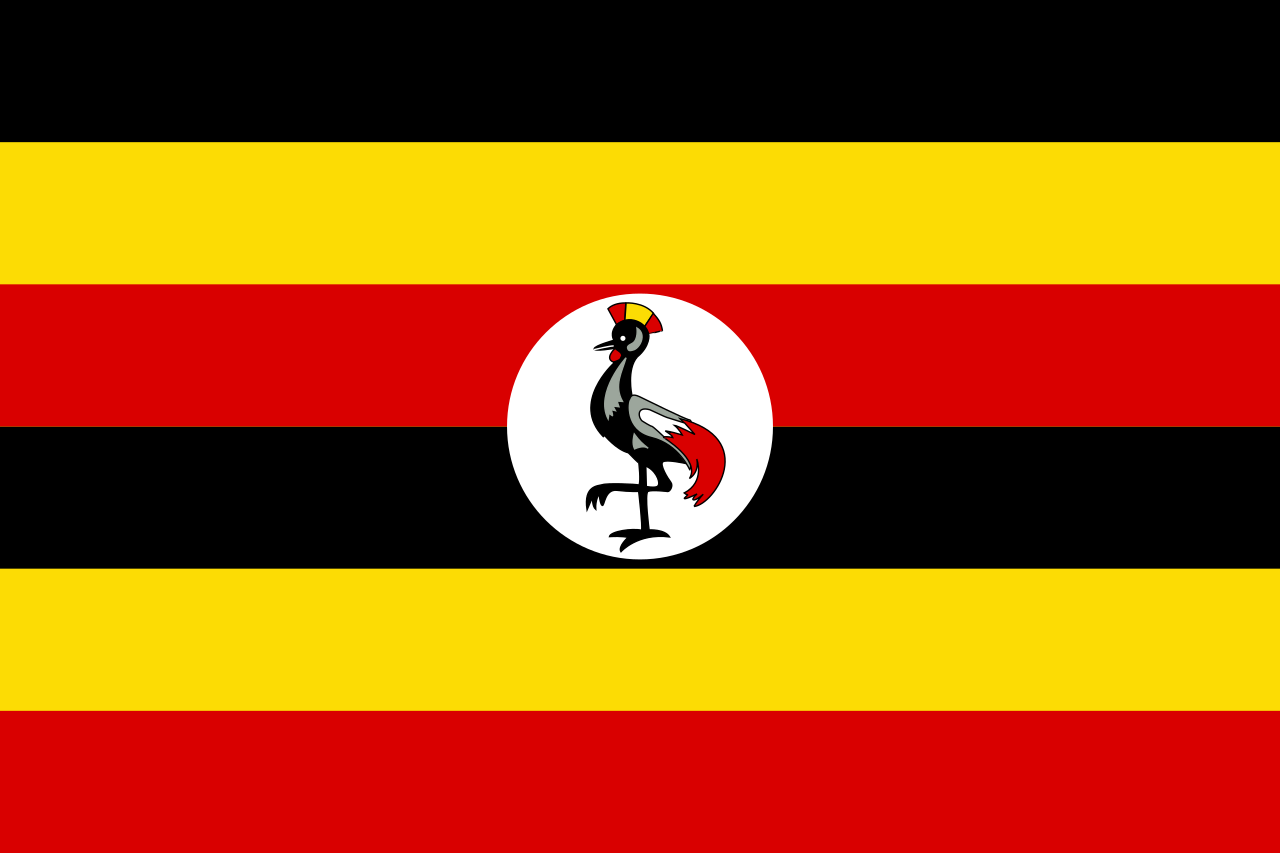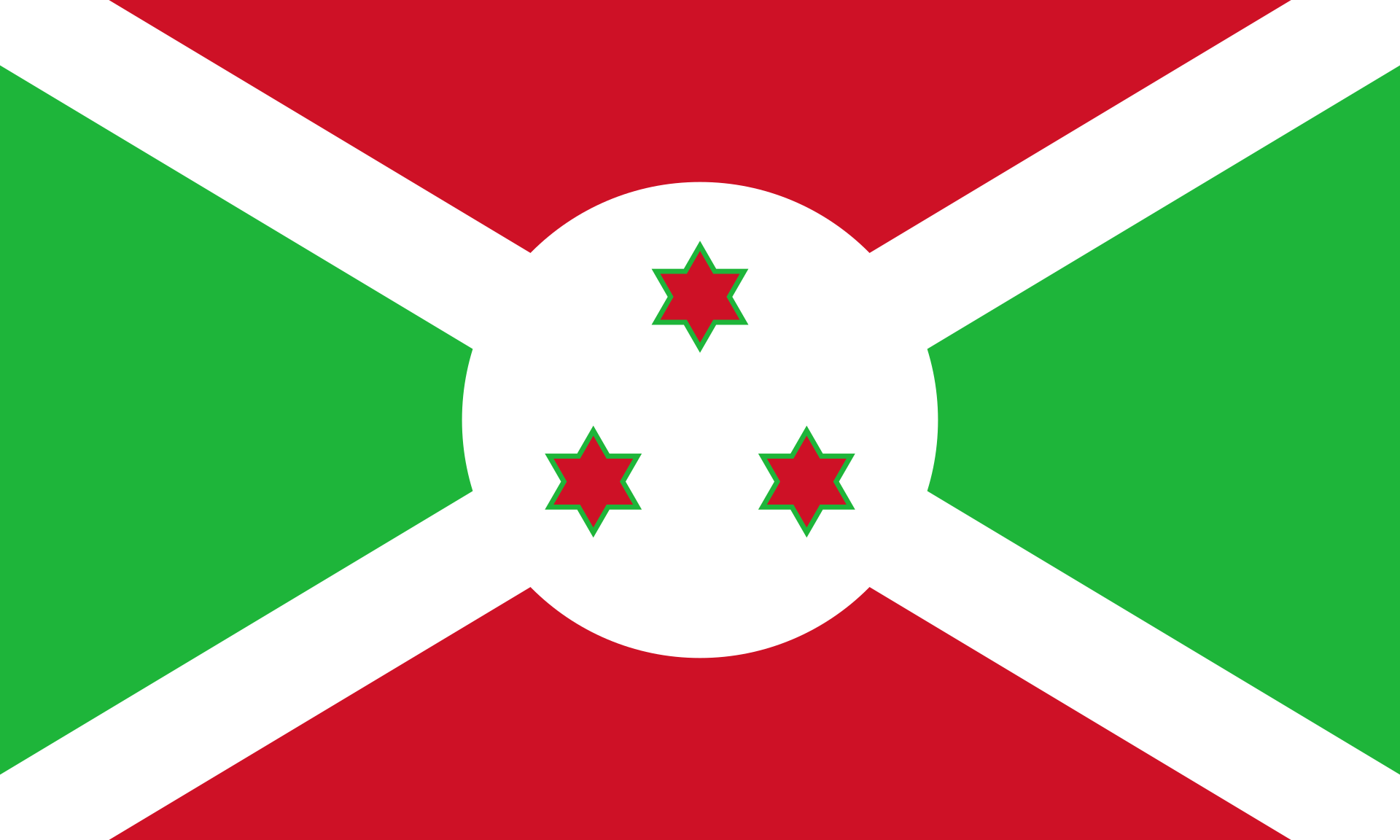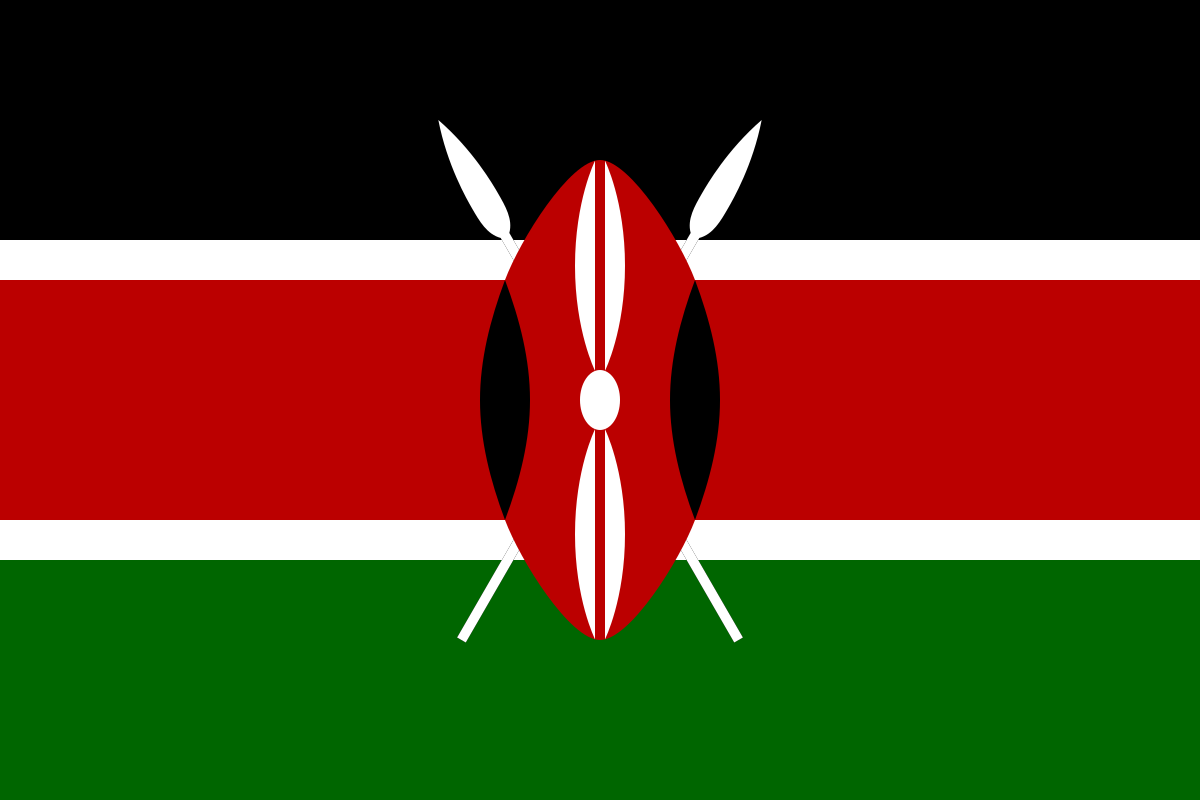In the Ugandan capital Kampala the hazy air hangs over the city. Dust from the dirt roads and particulants from car exhausts pollute the street.
Some people can't even escape the problem in their homes where rubbish is burned and open fires are often used to cook.
A report released by a local air quality monitoring company called Airqo, claims the deterioration in air quality here breaks recommended limits set by the World Health Organization.
For 3 years, Michael Wanyama did not know what was making one of his three sons ill.
There were frequent visits to the hospital before he was finally told his child was suffering respiratory problems because of his environment.
"One of my children was constantly in and out of clinics due to respiratory related illnesses every time I would ask the doctors what could be causing this reoccurrences all the time because we don't have the same systems in the bodies some people are affected the more some people are more susceptible to this poor air quality so I was told its because of the air around us the air he breathes that causes him to fall sick all the time," Wanyama says.
The heavy cost of medication for their son and their growing concern about his poor health persuaded Wanyama and his family to leave their home in the city and move to an area with fewer car fumes and other pollutants.
Through his own experience and interest in environmental pollution he created the Wanyama Auto Safety Initiative.
It aims to help other parents who are having the same problems.
In May this year, he was recognised for his work in his community trying to improve the air quality.
"It was a bit resource intensive because it required shifting from where we were living to another place, that was before the lockdown. I think we have all witnessed that during the lockdown time, the air quality was better. I was like now since we have this time, because I didn't know COVID would hit but before the lockdown we were already planning to shift to a better place, you have seen the environment around is surrounded by trees and all that so we have a bit of fresh air," he says.
Particulate matter, one of many air pollutants, is believed by many experts to be the most harmful to human health.
The term refers to small particles suspended in the air, including dust and black carbon originating from such sources as fossil fuel and biomass burning.
Many people in Africa, where the process of rural electrification has been slow, still burn wood to cook or heat their homes.
The poor quality air around the country has largely been driven by the rapid urbanization and population growth in these areas according to the doctors.
Doctor Muwonge Hussein, a lung specialist with Mulago National Referral Hospital says the continuous decline of air quality means more people are seeking medical help.
"If you have too much particulate matter it can cause some immediate effects like irritations, coughing however some people who are maybe asthmatic or have TB, it can worsen their health state it can complicate their breathing so it is a concern we should get worried of." Dr. Muwonge says.
To address the challenge of access to information on air quality monitoring, a local company called Airqo devised technology and an app that sends real time data to users telling them about the air quality around them.
"If I am having may be problems with water, I can buy bottled water so that I don't take dirty water, food I can try to look out for better food, malaria I can try to sleep in a mosquito net but air quality you are not going to do much its going to find you whether you are rich or poor you are going to breath in the same air so if it's dirty you won't really do much against it. So we have the innovation at least to try to monitor so that you can influence actions," says Joel Ssematimba the Project Lead at Airqo.
With over 150 units installed already across the country, Ssematimba says the development process has been tedious because they wanted a technology that people could rely on. Dusty environments meant that technology often failed he explains : "We have a lot of dust, many unpaved roads. You find that the devices that would help monitor air quality, they would fail really fast so this meant that we had to engineer something unique that can combat not only the few that I have mentioned but so many other challenges while still providing accurate data."
Associate Professor, Engineer Bainomugisha says although the Airqo app aims to give real-time information to the general public, the company's main focus has been to raise awareness of the problem in government agencies.
"So we are targeting mainly two categories, one is what we call discussion makers, people in government and people with authority who manage our cities. They need data to act on our air quality they need to know which places in the city are more polluted in the city than the others, at what time does the air quality get worse at what time is the air quality good which places have good air quality and then once we have this data then we can be able to form actions" Bainomugisha says.
Air pollution contributes to the global burden of heart disease, lung cancer, as well as respiratory diseases such as asthma and pneumonia, according to the World Health Organization. - Africanews








